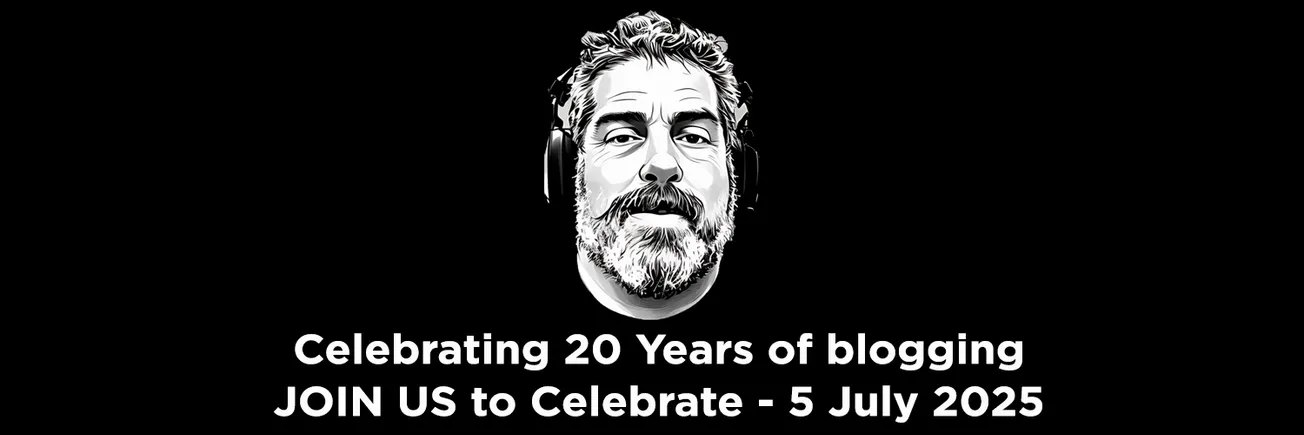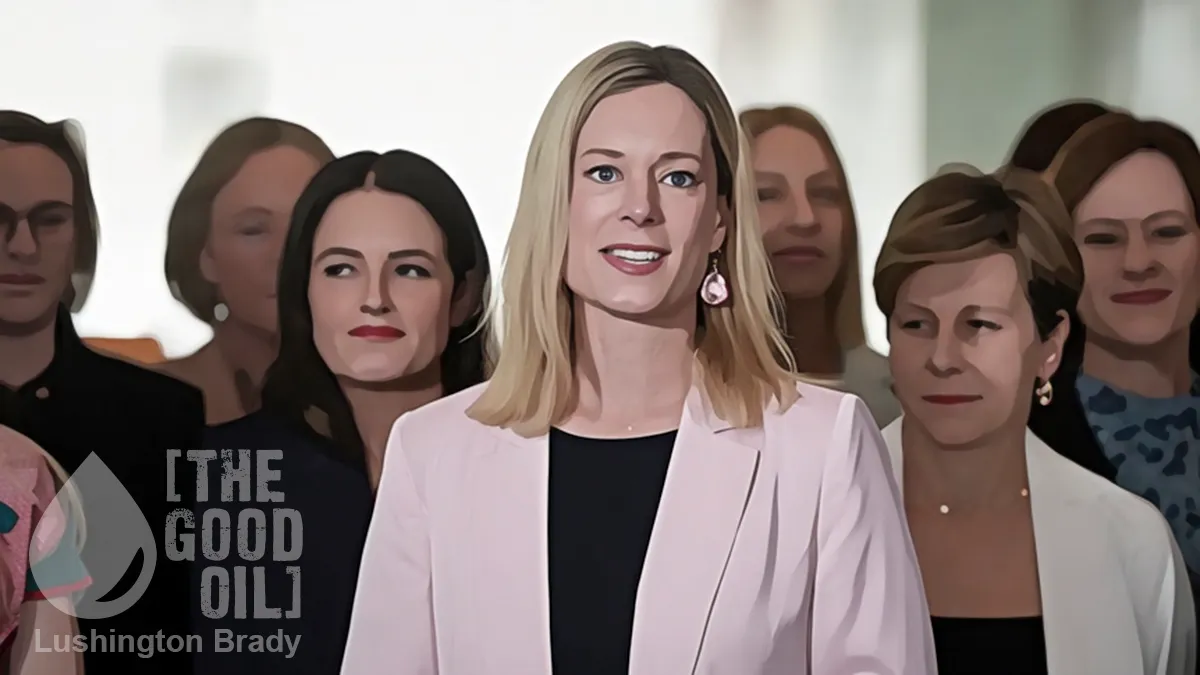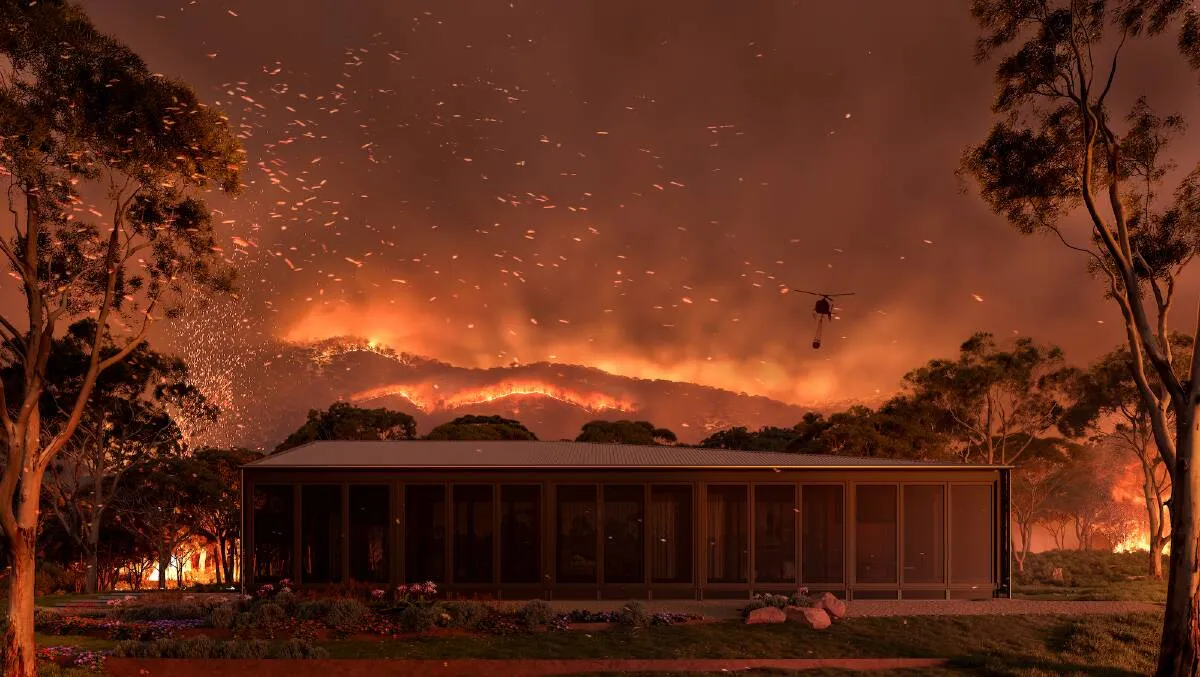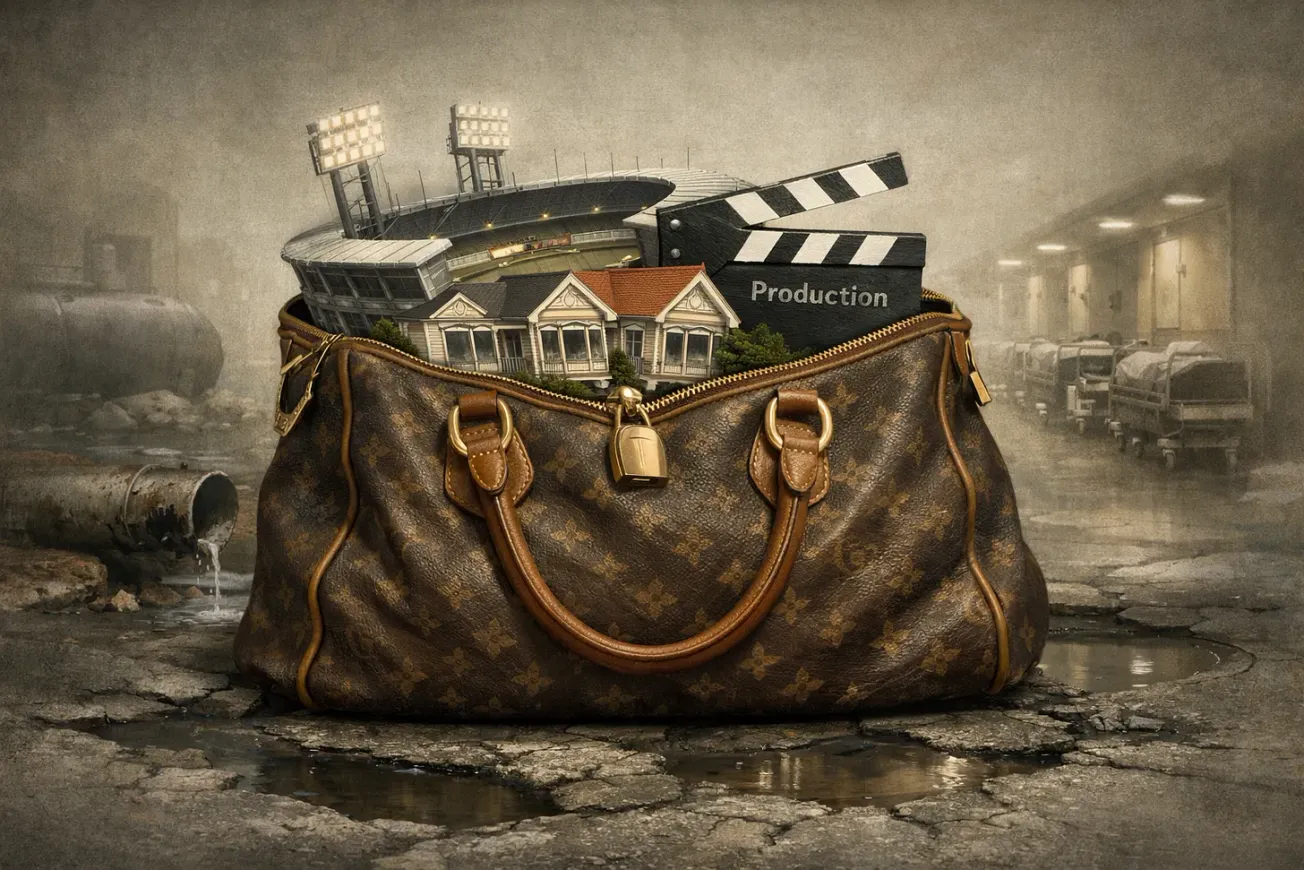Table of Contents
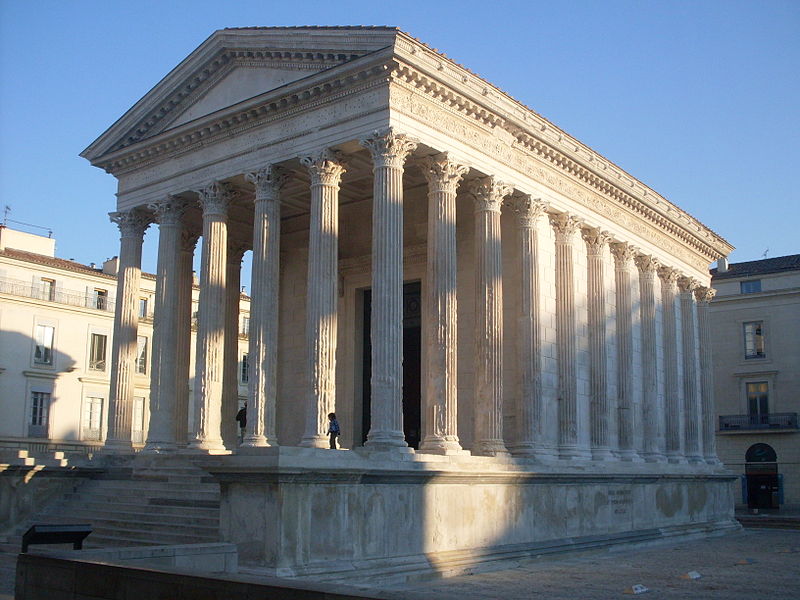
Leighton:
About three years ago, Olivia Pearson, who at that stage I had never heard of, dropped off a copy of a small book, a booklet we might say, but nevertheless a substantial book for its importance, entitled “Western Values Defended: A Primer.” And after having had a look at it we had a discussion on air, but it was on the phone and we have just met for the first time – and it’s a pleasure to have you here.
Olivia:
Thank you, Leighton, it’s good to be here.
Leighton:
Now, tell me how you’ve got to the point where you wanted to produce this valuable little volume where you did it, as far as I am aware, on your own without any funding, I mean you have a blog as well, but we’ll get to that shortly, but this is the introduction as far as I’m concerned. Where did it come from as far as you’re concerned?
Olivia:
Well, I love western civilisation, um, I’m passionate about it. We live in an amazing – an amazing time in history – we have minutes, hours, days, years… um… decades of freedom. Which is… in days gone by – that’s unheard of. Um… and I can see that ah… unless we actually make efforts to protect it, um… that is each generation protect our freedoms, our liberties, they will actually disappear.
And, I used to ask people, the average person, um, you know – what is… what do you think western civilisations best values are? And they could never really give me an answer, they can’t list the top five values, say. What they can do is repair to generalisations such as “well, we’re free,” or “well, we’re tolerant.” Um… or you know, “we’ve got this thing called liberty.”
And all those things are true but I wanted to give the… my country, a concise overview of what those top values of our civilisation are.
Leighton:
That word liberty is not one that you hear very much in general conversation. I use it a lot, and intentionally so because it’s an important word and it’s better than… it’s actually better than freedom. Um… but there is no… there is no education in this country, or the country that I grew up in across the Tasman. There is no education with regard to the history of um… of western civilisation.
Where it came from, you know, where it started, how it um… how it travelled, the journey to where we’re at now, and what it has delivered us. It’s just like you grow up and you think “I know this, I’ve got two boys and… they’re pretty much the same. Um, this is just the way it’s always been.”
Olivia:
I think that…
Leighton:
I guess history started the day before I was born.
Olivia:
That’s right.
Leighton:
Or maybe the day I was born.
Olivia:
Yeah, yeah. And your parents lived in the ancient times, didn’t they?
Leighton:
Oh, hell yeah!
Olivia:
I think um… this is the thing, is that we naturally take it for granted, and that’s partly because of our success… um… our… our civilisation is so successful we don’t actually have to think about how we won it, or how we are going to preserve it. But um… it’s been a hundred years now since… ah… the first world war -and remember everything nearly came undone twice in the last century, in the 20thcentury. And um… about every hundred years there needs to be some sort of renewal. There’s sort of a dramatic shift, and I think that time is upon us now. I think that we are going into that time.
My generation hasn’t known a war, neither has yours. My father was born in 1939. All his uncles came back from Passchendaele with, you know, bits of their bodies blown off, but my father never saw a war. Um, and unfortunately when you do get apathetic and you take ah… your… your values and your freedoms and your liberties for granted… um… they disappear.
Leighton:
Well you don’t… you… there is no method really of recognising the fact that they are disappearing, or that they’re… they’re being railroaded.
Olivia:
Hmm.
Leighton:
… or that they’re being taken of you. Ah… it… it doesn’t occur to most people. Now before we offend anybody, and I mean by insulting them by the fact that they don’t know, you know, anything…
Olivia:
That they’re dummies.
Leighton:
Well, the people listening to this are pretty much… pretty much in tune with… with you, I would suggest. Pretty much. And me. Ah, um… when you say that we’re in that period now, or approaching it, on the cusp of it, um, how much worse can it get?
Olivia:
Well, it can get a lot worse. Um, look at France right now with these protests which the BBC are not reporting accurately, neither are… neither is French media, um, these are protests of tens of thousands of people who hate, deeply hate, Macron. We know in the past what the French are like if they get a hold of a leader they hate, they’re quite bloody.
Leighton:
Well you could say… somebody might say, this is just the French being the French. What’s new and what’s different?
Olivia:
It is the French being the French, but it’s an anger um… I’m not convinced that it doesn’t have an aspect of nihilism to it. I’m not sure exactly what they’re fighting for, or protesting for, they seem to be just against the system they have, but you know, in the last 20 years or so they’ve had the most horrendous tax laws. You know – 80% some of these people who earn over several million dollars taxed 80% of their income. So, they just leave France. Jacinda would do that to us if she had her way.
Leighton:
Well, I the… I suspect that you’re right, in fact I believe you’re right. Um, but we… we might even make mention, you’ve mentioned the French, we should just cross the channel um, and the Brits back in the 60s were paying 90p in the pound. If they were… I mean that’s why the Rolling Stones moved to wherever it was they moved to… their base to. And the… all the… all the popular successful artists of the 60s, there were quite a few of them, um, as far as I am aware, they all moved offshore. And yet these are the guys who sang of peace, love and um, and what have you.
Olivia:
So, they were the sort of boomer hippies, weren’t they, who would pay that amount of money but would continue to promulgate the ideas which lead to that sort of socialist nonsense?
Leighton:
Back to “Western Values Defended: A Primer,” what would you say were the most, three or four, important aspects in the development of western civilisation?
Olivia:
Ah… the American revolution – the war of independence when they separated from England, I think that really kicked it off. Um, America got its… many of its best ideas, and certainly from its best philosophers ah, sorry, from England, John Locke. Um, people who invented terms such as life, liberty and property. Jefferson, Thomas Jefferson, changed that slightly in the Declaration of Independence and said life, liberty and the pursuit of happiness, which I think is a rather beautiful innovation. Um, because happiness is actually precious to us all and, um, we are driven towards succeeding it. Um, the American, you know the whole of democracy that the world enjoys really did come from America, this idea of self-governance. They were the first to do it, um, within the last thousand years anyway, I mean the Florentines did it in the Renaissance, but in a different way. And we know that the Greeks, the Athenians, did it at the time of Socrates and Aristotle. Um…
Leighton:
Well they kicked it off.
Olivia:
They kicked it off, but it always comes undone because of mob rule. So, the great innovation politically that Thomas Jefferson and the founding fathers Ben Franklin, John Adams ah… that they brought to the table, was the electoral college where you… you know, as Hillary Clinton won the popular vote and Trump won the electoral college, whoever wins the electoral college…
Leighton:
Wins.
Olivia:
…becomes president. Yes.
Leighton:
Wins everything.
Olivia:
Yeah, and that’s designed specifically to protect um, America in the constitution from mob rule and you will see now that they will try and overturn it if they could.
Leighton:
Oh, they’re trying.
Olivia:
The constitution, I mean.
Leighton:
It’s already, the trying is already underway, at the moment.
Olivia:
Yeah, yeah, yep.
Leighton:
The talk is there. There is a method to do it, of course. Ah, written into the constitution – I mean, to change the constitution.
Olivia:
Ah… ah give amendments?
Leighton:
There… well you… there are… there are… I’m trying to think what it’s called. Um, but you… yes, amendments to it, but you can change the constitution if you go about it the right way.
Olivia:
Yes, you can.
Leighton:
That is the… the… the…
Olivia:
Through congress.
Leighton:
Ah, what’s it called. Something of states.
Olivia:
State’s rights?
Leighton:
No, it escapes me. But there is a method where you can…
Olivia:
Don’t you hate that, Leighton?
Leighton:
I do. It’s not happening more often though. Some people think it is, but it’s not. Um, congress of state? It doesn’t matter. You get… you have to go through a procedure, you have to get 30 states, I think. Correct me, if I’m wrong, I’m wrong. 30 states to sign up to it, whatever it is that you’re trying to do. Um, if you get the 30 states then I think you have to get two-thirds of the house… houses… houses of congress.
Olivia:
So, it’s what Lincoln had to do with the emancipation proclamation. He had to procure the votes for congress in order to make that um, amendment to free the black slaves. It’s a very difficult thing to do and he was very intense about those last two votes… it hung on… on… on two votes in the end and remember his… the great lines where he said, you know, “I am the president of the United States, clothed in immense power, get me those votes!”


